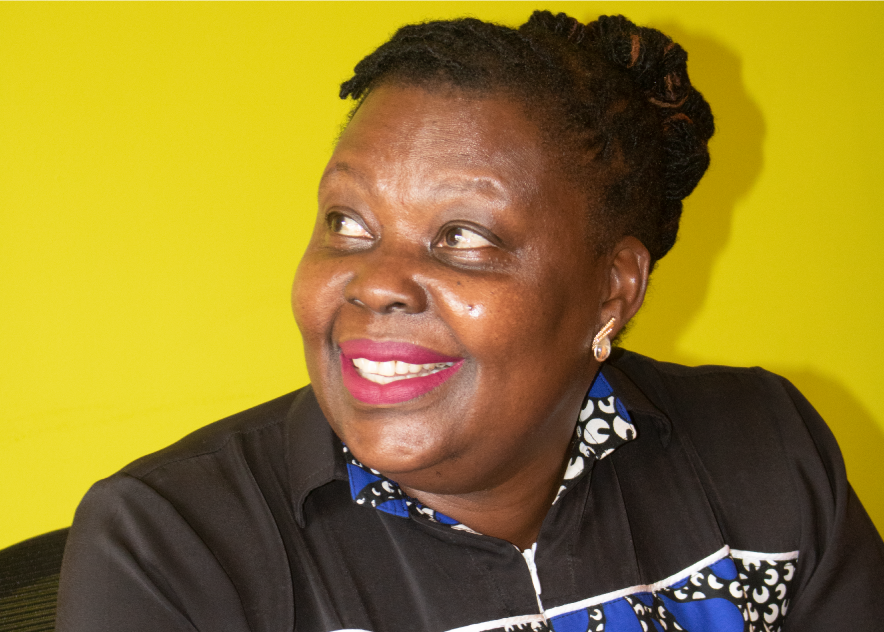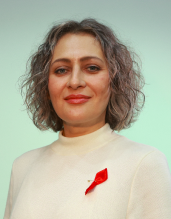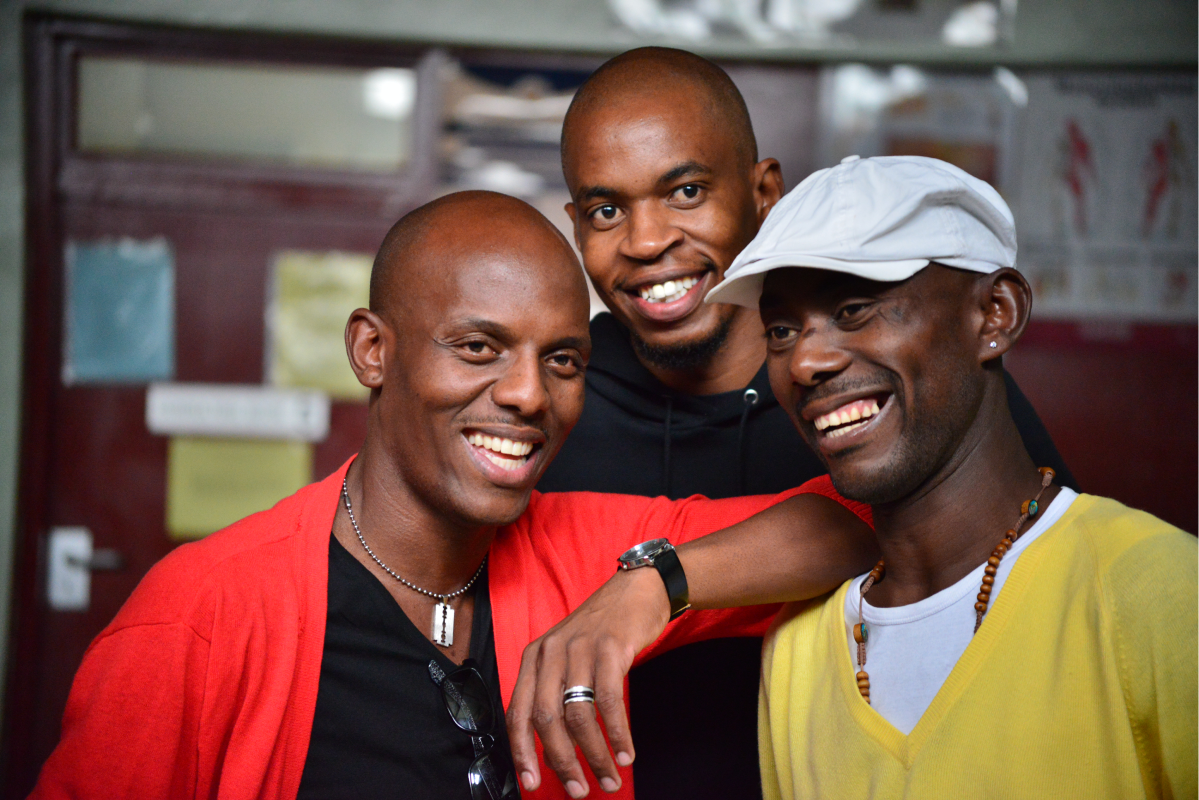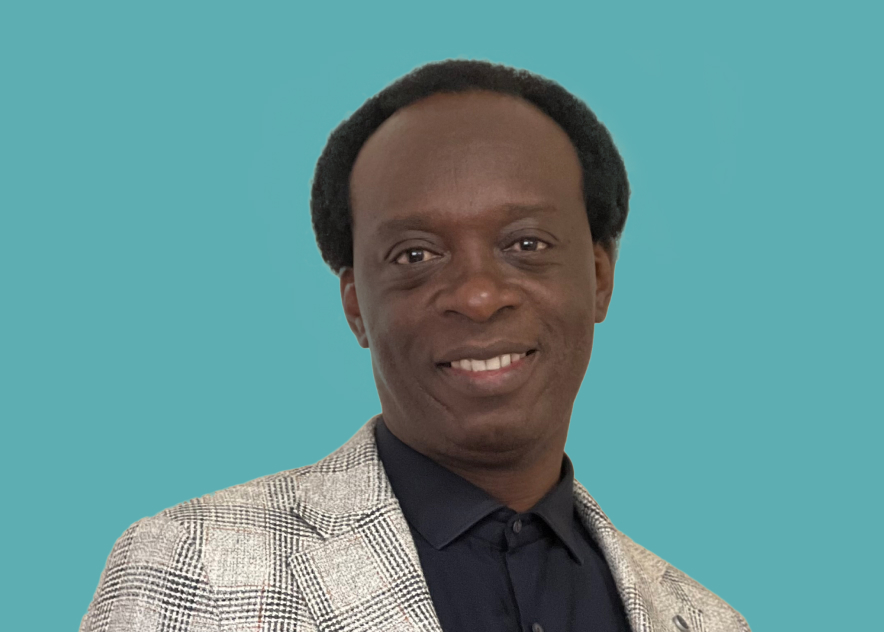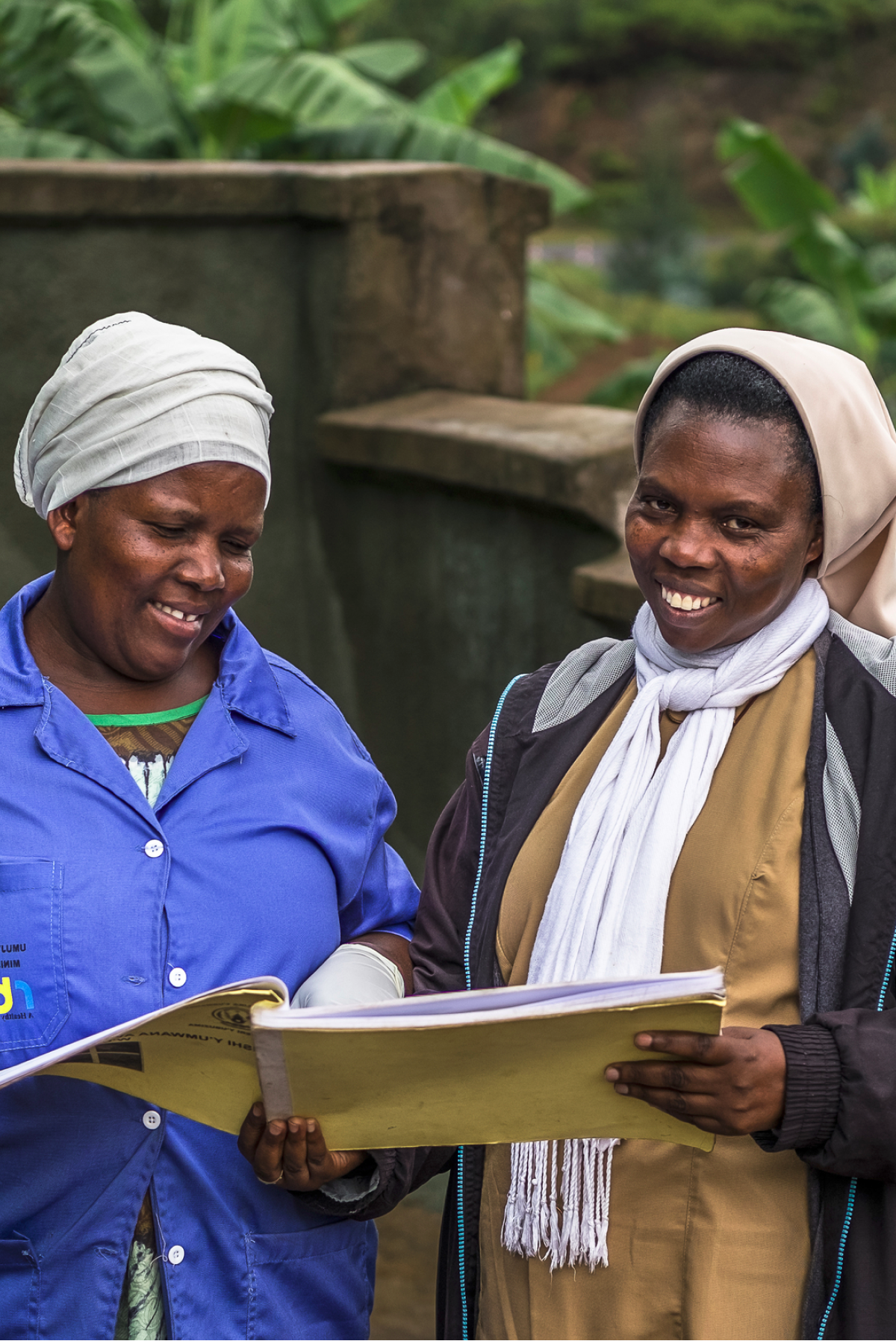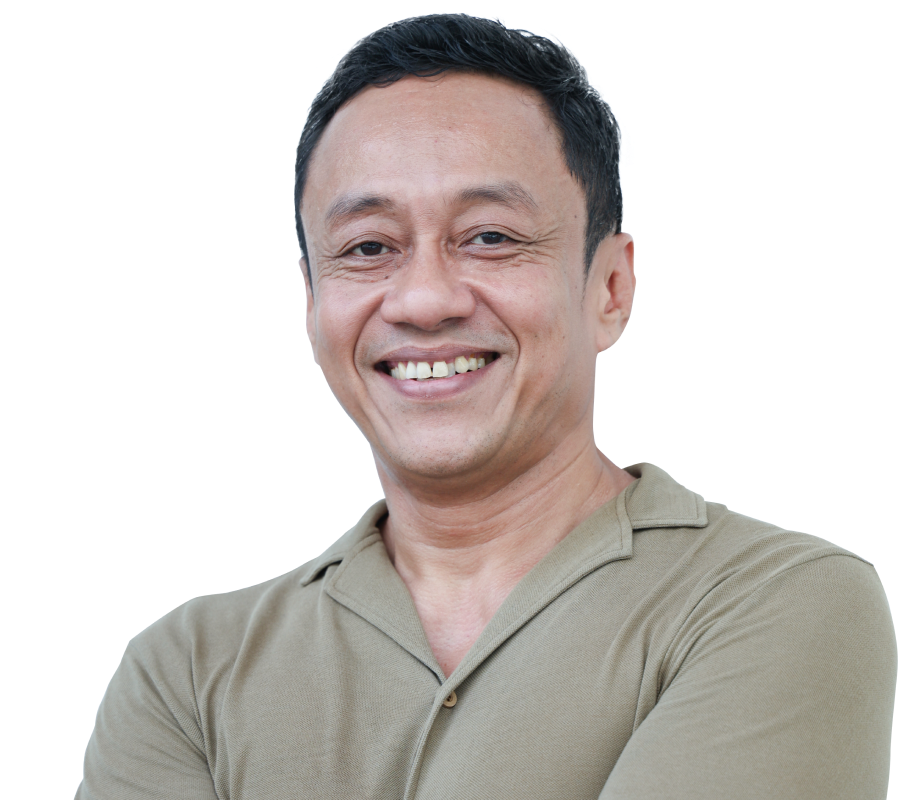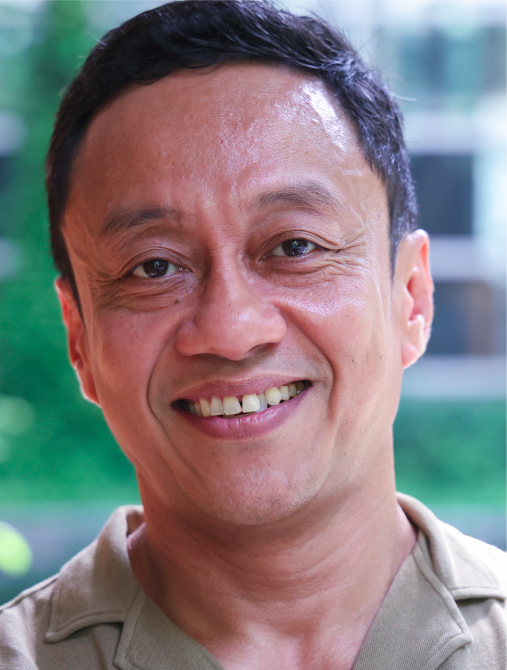For too many people, showing up for HIV services remains a lonely act of courage. Treatment services are
still missing over 9 million people worldwide. We know that people living with HIV who anticipate high
levels of stigma are more than twice as likely to delay enrolment in care until they are very ill.
Communities help drive demand for services. They mobilize political leadership. They ensure that people not
reached by formal health systems can get support. They monitor the quality of HIV services and help shape
solutions. They help create an enabling environment that promotes equitable access.
Thankfully, treatment is now recognized as an essential investment. But it is disgraceful and dangerous that
all too often, peer navigation and community-led service delivery are regarded as optional extras.
Investments in community leadership are essential to the success of prevention, testing, linkages to care,
retention and adherence results. This is not just a nice thing to do—it ensures the programmes work and
makes financial sense.

